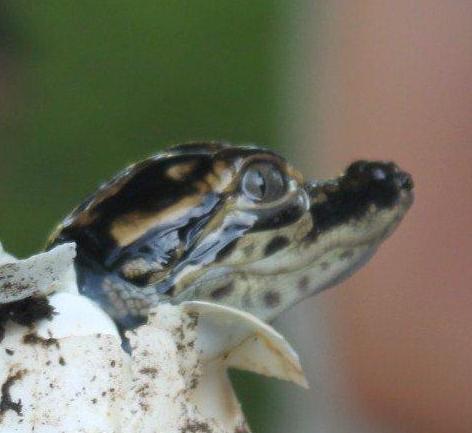Program - Guided Nature Hike and Nature Center tour
Description - A 1/2 mile guided nature hike through a bottomland hardwood forest and around a freshwater marsh. Hike leaders will discuss native plants and animals, ecosystems and how they interact with one another. Students will be allowed to tour the nature center at their own pace, ask questions, view exhibits and touch a live animal.
Time required - Approximately 2 hours
Size requirements - less then 100 students, students will be divided into smaller groups
SCHOOL GROUP FEES
Guided Nature Hikes (Creekfield Lake and 40 Acre Lake)
- 1 - 20 Students - $40.00
- 21 - 40 Students - $60.00
- 41 - 60 Students - $80.00
- 61 - 80 Students - $100.00
- 81-100 Students - $120.00
Classroom Programs
Unfortunately all classroom programs have been suspended indefinitely.
- Reptile Program
- Mammal Program
- Bird Program
- Aquatic Invertebrate Program (available for grades 3 - 5)
No charge for Nature Center
Reservations must be made in advance and are subject to availability
The following Texas Essential Knowledge and Skills (TEKS) for Kindergarten Science will be addressed with this program
§112.2. Science, Kindergarten
(a) Introduction.
(1) In Kindergarten, science introduces the use of simple classroom and field investigations to help students develop the skills of asking questions, gathering information, communicating findings, and making informed decisions. Using their own senses and common tools such as a hand lens, students make observations and collect information. Students also use computers and information technology tools to support their investigations.
(2) As students learn science skills, they identify components of the natural world including rocks, soil, and water. Students observe the seasons and growth as examples of change. In addition, Kindergarten science includes the identification of organisms and objects and their parts. Students learn how to group living organisms and nonliving objects and explore the basic needs of living organisms.
(b) Knowledge and skills
(2) Scientific processes. The student develops abilities necessary to do scientific inquiry in the field and the classroom. The student is expected to:
(A) ask questions about organisms, objects, and events
(4) Scientific processes. The student uses age-appropriate tools and models to verify that organisms and objects and parts of organisms and objects can be observed, described, and measured. The student is expected to:
(A) identify and use senses as tools of observation; and
(6) Science concepts. The student knows that systems have parts and are composed of organisms and objects. The student is expected to:
(B) record observations about parts of plants including leaves, roots, stems, and flowers;
(C) record observations about parts of animals including wings, feet, heads, and tails;
(9) Science concepts. The student knows that living organisms have basic needs. The student is expected to:
(A) identify basic needs of living organisms;
(B) give examples of how living organisms depend on each other; and
(C) identify ways that the Earth can provide resources for life.




